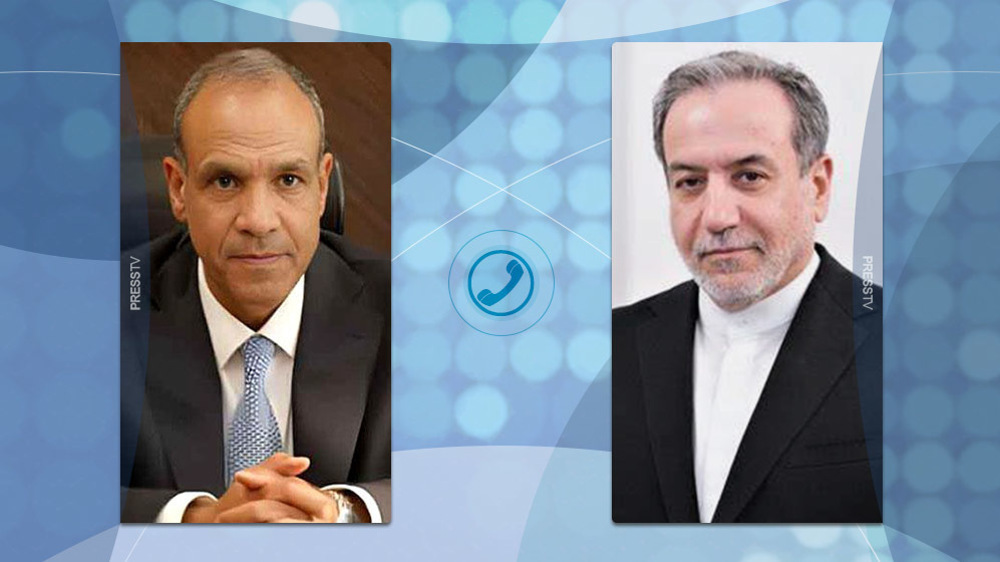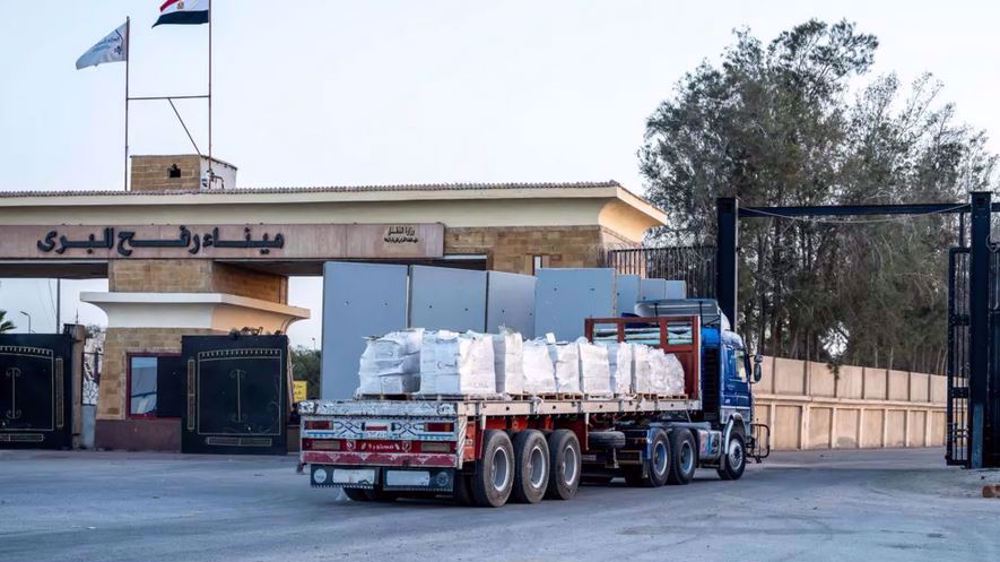Still no proof of terror attack in Russian plane crash of October: Egypt
Egyptian authorities have reiterated that there is no evidence to support Moscow’s argument that a “terrorist” attack led to the crash of a Russian passenger plane in the volatile Sinai Peninsula in October.
On October 31, an Airbus A-321, operated by Russia’s Metrojet, broke up mid-air over the Sinai, minutes after take-off. All the 224 people, mostly Russians, on board died.
After the incident, an affiliate of the Daesh Takfiri terrorist group in Egypt claimed responsibility for the crash, stating it smuggled a bomb on board.
Russian officials initially cast doubt on the account that the incident was an act of terror, but on November 17, Moscow said an investigation had found that a bomb brought down the Saint Petersburg-bound aircraft.
However, Ayman el-Mokkadem, the Egyptian head of an investigation into the crash, said on Monday, “The technical committee has not received to date any indication of the presence of illicit meddling or a terrorist action.”
The Egyptian official added that the committee goes on with its work regarding the technical investigation.
In reaction to the comments, Kremlin spokesman Dmitry Peskov reiterated Russia's findings on the incident. "I can only recall the conclusion of our experts and our special services that indicates it was really a terrorist act."
The findings of the Russian investigators were also endorsed by President Vladimir Putin, who vowed to bring to justice the perpetrators of the attack.
“We will search for them anywhere they might hide. We will find them in any part of the world and punish them,” President Putin said on November 17.

On the same day, Alexander Bortnikov, the director of the Federal Security Service of Russia, said a bomb with a force equivalent to one kilogram (two pounds) of TNT blew up the plane.
"We can say unequivocally that this was a terrorist attack," he said, adding, "Investigation carried out on all objects (personal belongings of passengers, baggage and parts of the aircraft) showed traces of foreign-made explosives.”
Still, Egypt says no evidence shows a bomb brought the plane down.
The United States and Britain have also said that information gathered by their intelligence services shows the crash was likely caused by a bomb. However, Egyptian media outlets have denounced such reports as part of a Western “conspiracy” to harm Egypt’s tourism sector, which has already been hit by years of political chaos.
VIDEO | Press TV's news headlines
VIDEO | Iran will not 'capitulate' since it has military surprises for US
China overtakes US as Germany’s top trading partner
VIDEO | Displaced Gazans struggle to find clean water amid Ramadan
VIDEO | Pakistan strikes militant camps along Afghan border after suicide bombings
Iran FM: Chance still exists for win-win solution to nuclear issue
Denmark rejects Trump's plan to send US hospital ship to Greenland
US Secret Service kills man trying to enter Trump’s Mar-a-Lago estate















 This makes it easy to access the Press TV website
This makes it easy to access the Press TV website